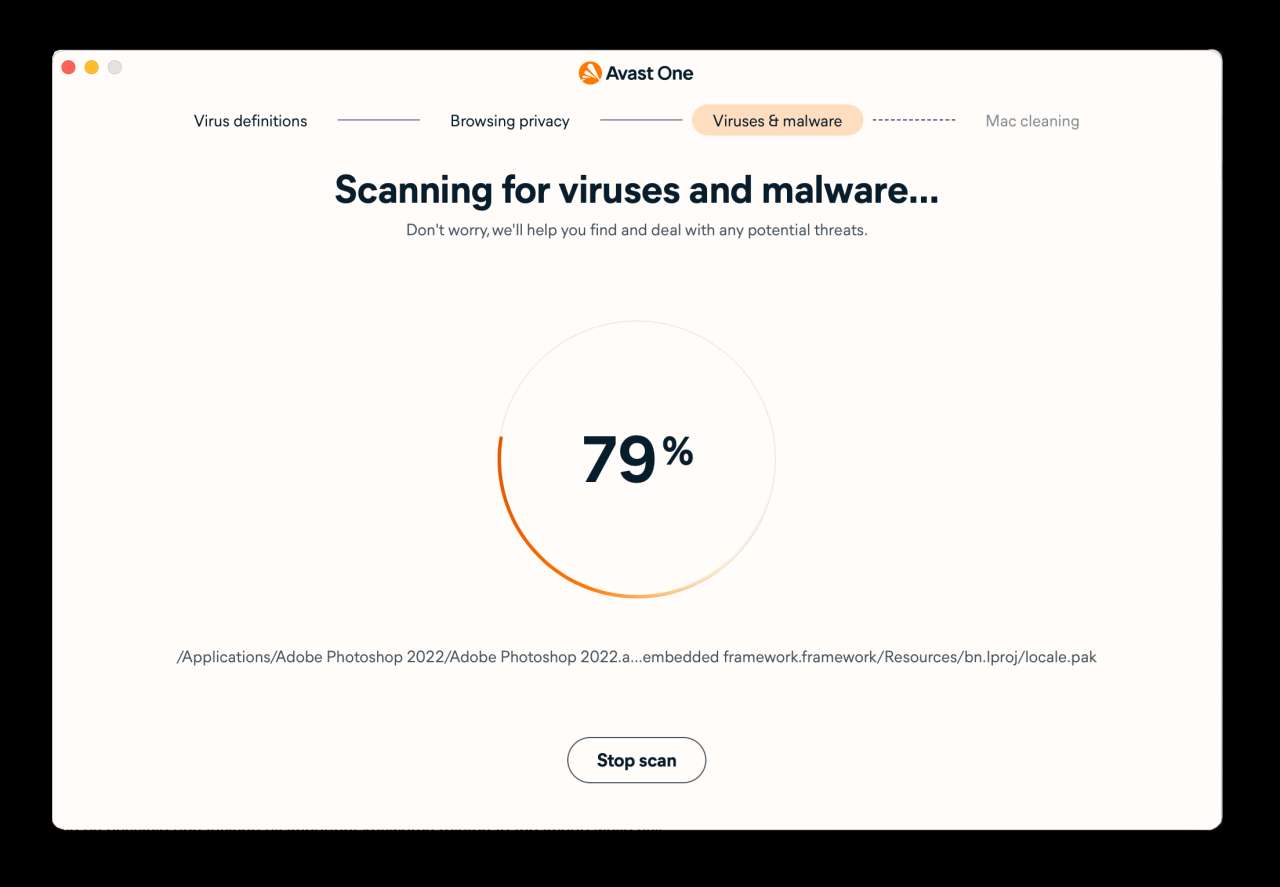Did you know that your router, the unsung hero of your home network, can be a prime target for cybercriminals? It’s not just your computer or phone that needs protection these days. A compromised router can expose all connected devices to malware, phishing attacks, and even identity theft.
That’s where a router virus scanner comes in. Think of it as a digital bodyguard for your entire network, actively monitoring for malicious activity and vulnerabilities that hackers can exploit. In this article, we’ll explore what a router virus scanner is, why it’s essential for safeguarding your digital life, and how it works to keep your internet connection safe and secure.
We’ll also delve into the available options and provide valuable insights into choosing the right solution for your needs, ensuring you’re well-equipped to fortify your network’s defenses.
Router Virus Scanner: Keeping Your Network Safe
Thinking about your home network security? It’s not just your computers that need protection. Your router, the gateway to the internet, is also a vulnerable target. A router virus scanner can be a crucial tool in fortifying your digital defenses.
Routers, often overlooked, are prime targets for cybercriminals. They control all network traffic, making them ideal spots for malware to intercept personal data. Think passwords, banking details, and even browsing history.
Regular scans with a specialized tool can significantly lower your risk. This proactive approach can spot and remove any nefarious software that might have infiltrated your router’s system. Prevention beats having to react.
Essentially, a router virus scanner is an important element of a healthy defense. Think of it as a digital bodyguard for your network, constantly watching for threats and neutralizing them before they can cause trouble.
Why Your Router Needs a Virus Scanner

Why exactly should you be concerned about router security? Well, routers often run on outdated firmware. This can create security weaknesses hackers love to exploit. Regular updates can stop most exploits.
A compromised router can lead to a cascade of problems. Identity theft becomes a serious risk. Your devices could become part of a botnet, controlled remotely to launch attacks on others.
Many people don’t even change the default router password. This is like leaving your front door unlocked. Scanners help to ensure no one can use your network without your consent. Protect your own and your neighbor’s network security.
Consider a router scanner an investment in overall peace of mind. It’s a safety net that helps protect against the potential risks of a compromised network, reducing stress and promoting security.
Types of Router Virus Scanners
Router virus scanners come in a few different forms. Some are software-based, running on your computer or phone. These tools connect to your router and analyze it for vulnerabilities and suspicious activity.
Others are hardware devices, working in conjunction with your original router. These often provide more in-depth analysis, intrusion detection, and protection. These usually come with a higher price tag.
Some antivirus software suites even include router scanning as part of their package. This can be a convenient and economical option. But confirm that they are actually analyzing the router itself.
The best type for you depends on your technical skills, budget, and risk tolerance. Assess your needs carefully to choose the right tool. Read all reviews before buying; some are actually malware.
How to Use a Router Virus Scanner
Using a router virus scanner is usually pretty straightforward. Most software-based scanners guide you through the process. Simply install the software, connect to your network, and initiate a scan.
Hardware scanners typically involve connecting the device to your router and following the setup instructions. These instructions are usually specific to the hardware model itself.
Regardless of the type, pay close attention to the scanner’s recommendations. It may suggest updating firmware, changing passwords, or disabling certain features.
After a scan, take action! Implement recommended changes. Regular scans are key to maintaining a secure router. Doing this consistently will lower any future risk.
Choosing the Right Router Virus Scanner
Selecting the right router virus scanner requires a little research. Look for tools with good reviews and reliable detection rates. Check independent testing labs’ data.
Consider the scanner’s features. Does it offer real-time monitoring? Can it automatically update firmware? Features are what set different products apart from one another.
Think about ease of use. A complex scanner might be daunting for less tech-savvy individuals. Look for user-friendly options. Choose programs you can easily understand.
Don’t forget about price. Some scanners are free, while others require a subscription. Balance cost with features and protection. Getting the best deal for your money is essential.
Beyond Scanning: Additional Router Security Tips
A router virus scanner is a great start, but it’s not the only step. Practice other security measures. This should improve the safety of you and your family on the internet.
Always change the default router password to a strong, unique one. Never use common words or personal information. Use a password manager to help you keep track.
Keep your router’s firmware up to date. Enable automatic updates if possible. This patches known security vulnerabilities. Most manufacturers provide clear instructions.
Disable remote management unless you absolutely need it. This prevents attackers from accessing your router from the internet. Ensure that you are the only admin.
Enable your router’s built-in firewall. Consider enabling MAC address filtering. This only allows authorized devices to connect. Taking simple steps can prevent larger issues later.